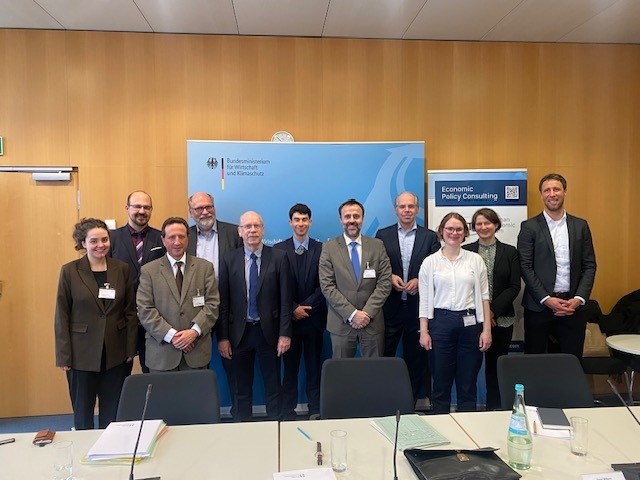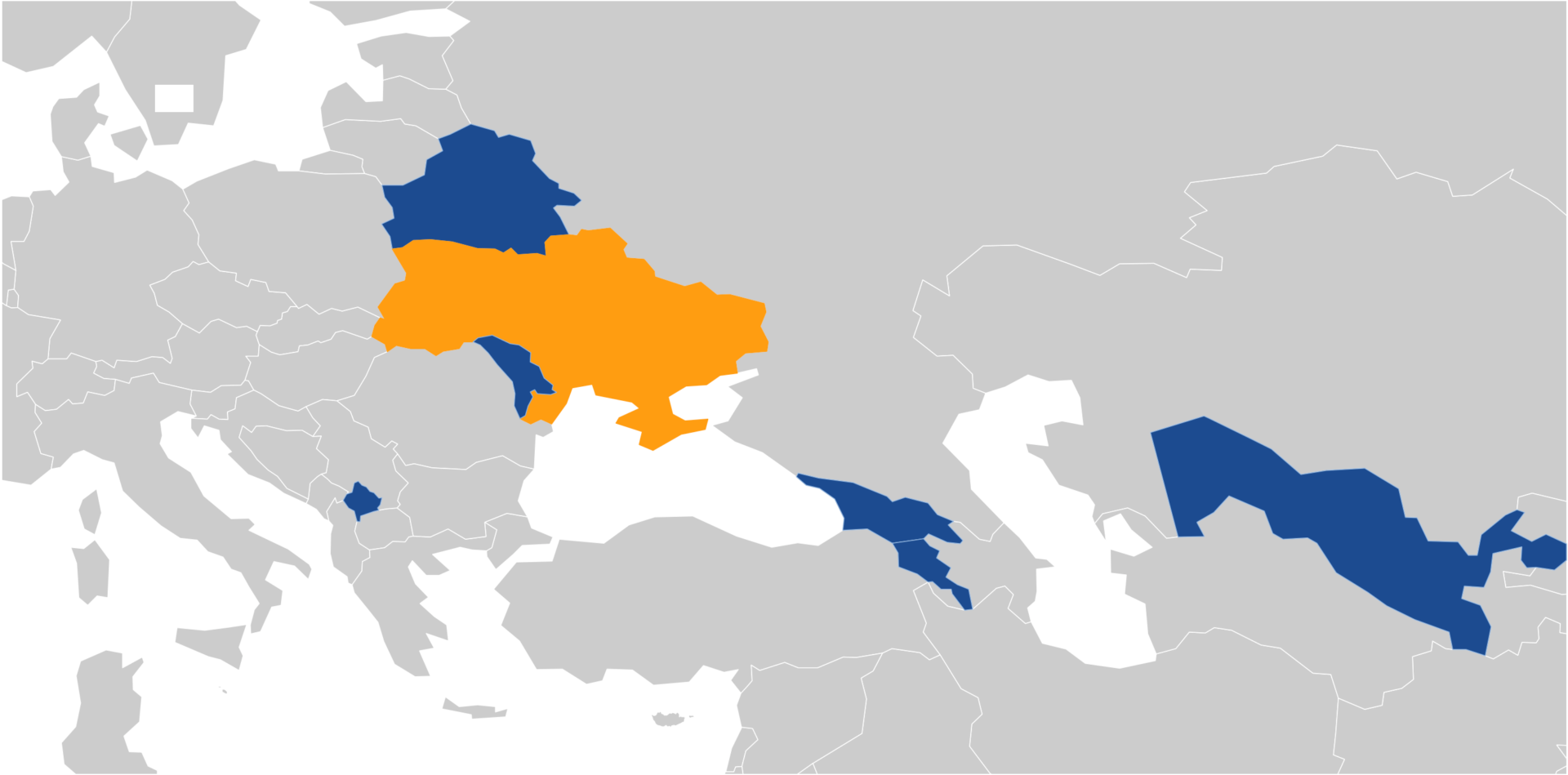Together with the AHK Ukraine, the authors (Robert Kirchner, Garry Poluschkin, Dr. Julian Ries, Thomas Otten) have identified 30 concrete reform proposals to improve Ukraine’s investment climate. While Ukraine’s economy grew by 5% in 2023, this growth followed a sharp decline of 29% in wake of the Russian attack in 2022. In the future, Ukraine must develop a sustainable growth strategy, unlocking all potential drivers of growth.
Ukraine
The German Economic Team has been advising the Ukrainian government in various economic areas since 1994, during which time Ukraine has undergone a significant transformation process.





